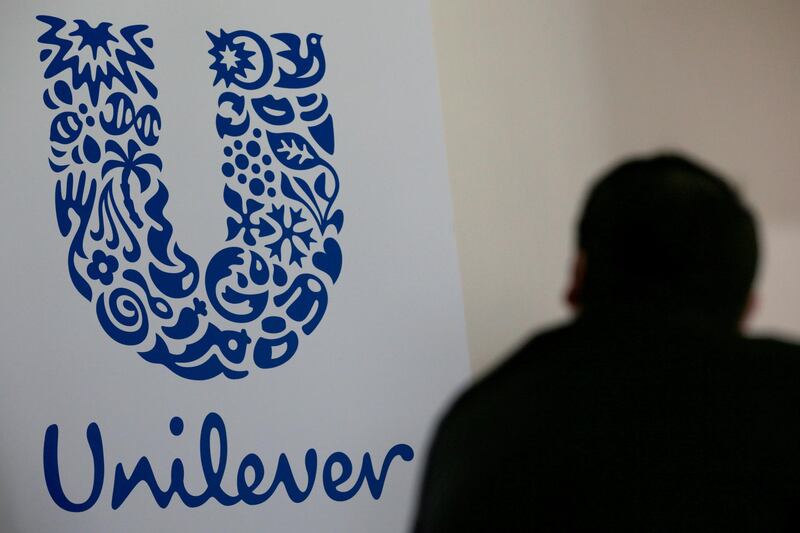Unilever scrapped plans to move its headquarters to the Netherlands on Friday in the face of a shareholder revolt, keeping one of Britain’s most valuable companies in London ahead of Brexit.
The climbdown by the Anglo-Dutch consumer goods company, whose household name brands include Persil, comes three weeks ahead of the planned vote on the proposal and is a victory for shareholders who opposed the move.
“We are pleased they have abandoned the plan to 'go Dutch',” said Ali Miremadim, portfolio manager at GAM, an independent global asset management firm, who intended to vote against the move. "Now the company can put its focus into the core job – driving long-term shareholder value."
Unilever’s board agreed to scrap the plan during a call early on Friday after it became clear it could fall short of the required votes, a source familiar with the matter said.
The plan needed the backing of a majority of UK shareholders holding at least 75 percent of the shares.
Shareholders representing about 12 percent of Unilever had publicly opposed the move, concerned about the effective forced selling of their shares with no premium, uncertainty around the future tax treatment of Dutch dividends and a perception that the move was partly aimed at securing greater takeover protection under Dutch law.
_______________
Read more:
British economy on tenterhooks as Brexit uncertainty mounts
Brexit has cost Britain £500 million a week, study claims
Facebook, Google, Alibaba et al in retailers' sights
_______________
Unilever's u-turn comes at a sensitive time for the British government, which is battling to protect jobs and investment as prime minister Theresa May fights for her proposed divorce plan from the European Union.
“The UK is one of the best places in the world to grow a business, and our modern industrial strategy commits us to being an open and competitive economy and a great place to locate global headquarters,” said Greg Clark, UK’s secretary of state for business, energy and industrial strategy.
The decision is set to trigger political fallout for Dutch prime minister Mark Rutte over his unpopular proposal to scrap a withholding tax on dividends that was seen as helping to woo Unilever.
Deputy Finance Minister Menno Snel said the Dutch cabinet was meeting to discuss the consequences. “We would have liked to have seen this turn out differently,” he told reporters.
“The board will now consider its next steps and will continue to engage with our shareholders,” said Marijn Dekkers, chairman of Unilever.
Unilever’s London-listed shares were down 1 per cent on Friday, while its Dutch shares were down 0.2 percent.
“This change should not really affect the group's near-term operation, although it may lead to a faster pace for CEO succession planning,” said Robert Waldschmidt, an analyst at consultancy firm Liberum.






